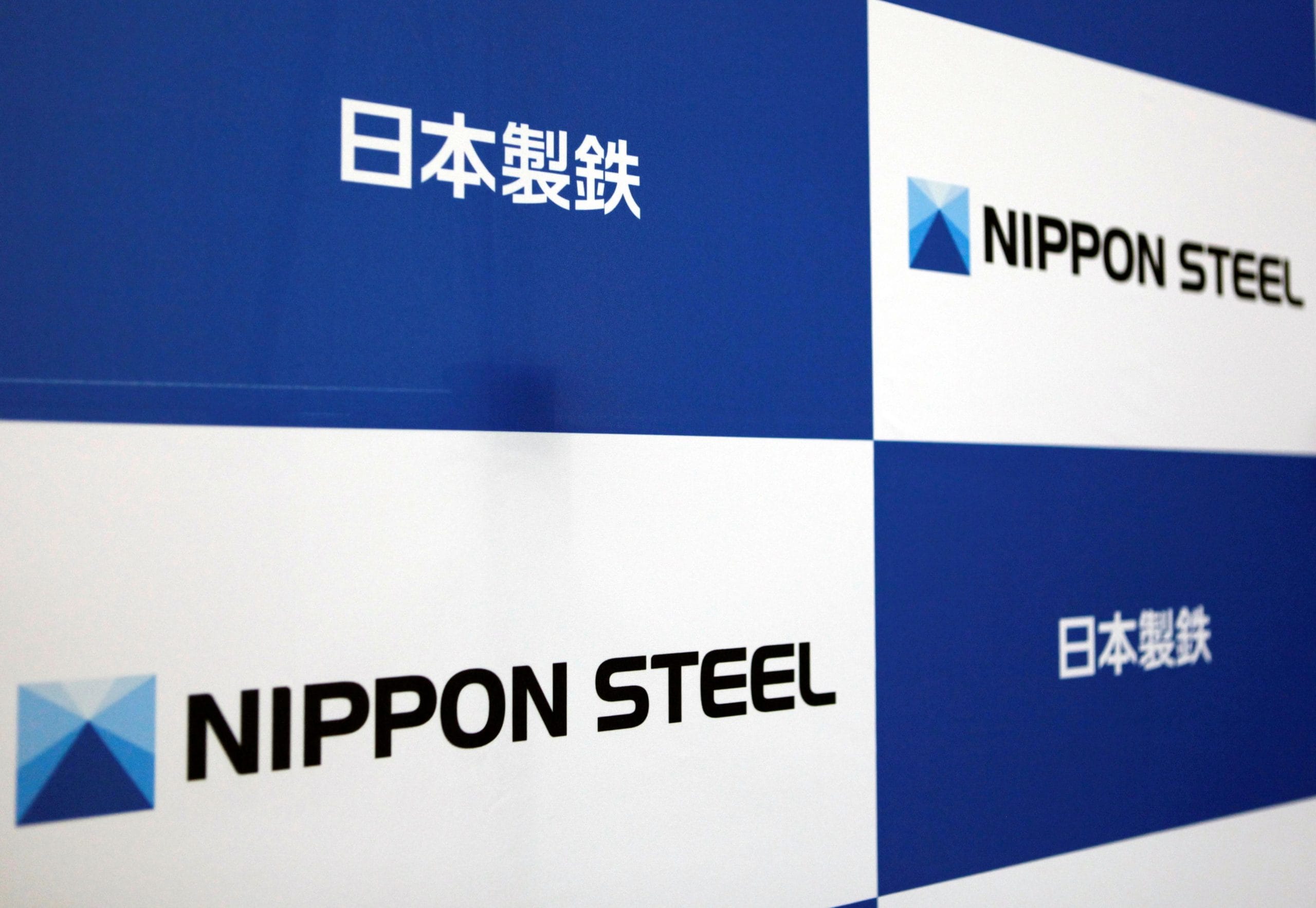In a bold statement reflecting Nippon Steel Corporation’s strategic ambitions, the company’s CEO has reaffirmed the commitment to acquire US Steel, a significant player in the American steel industry. This announcement comes on the heels of a lawsuit filed against the Biden administration, which Nippon Steel claims is obstructing its efforts to complete the acquisition process. The legal action underscores the complexities and challenges faced by foreign companies seeking to invest in the U.S. industrial sector.
Nippon Steel, headquartered in Japan, has long been a leader in the global steel market. The company’s interest in acquiring US Steel is part of a broader strategy to enhance its production capabilities and expand its market presence in North America. The acquisition would not only bolster Nippon Steel’s manufacturing capacity but also provide access to US Steel’s established distribution networks and customer base. However, navigating the regulatory landscape in the United States poses significant hurdles, prompting Nippon Steel to take legal action.
The lawsuit filed by Nippon Steel targets specific regulatory decisions made by the Biden administration that the company believes have impeded its acquisition plans. By challenging these decisions in court, Nippon Steel aims to clear the path for a smoother transaction process. The CEO’s public commitment to the acquisition signals the company’s determination to overcome these obstacles and highlights the strategic importance of the U.S. market to Nippon Steel’s growth plans.
In recent years, the steel industry has been marked by volatility, driven by fluctuating demand, changing tariffs, and evolving trade policies. The Biden administration has implemented various measures aimed at protecting domestic industries, which can complicate foreign investments. Nippon Steel’s legal action reflects the tensions that can arise when international companies seek to navigate these protective policies while pursuing growth opportunities in the U.S.
The potential acquisition of US Steel is significant not only for Nippon Steel but also for the broader steel market in North America. A successful merger could lead to increased competition, innovation, and investment in the sector. Furthermore, it could create new job opportunities and enhance the overall economic landscape of the regions where both companies operate. As Nippon Steel moves forward with its plans, the implications of this acquisition could resonate throughout the industry.
Analysts are closely monitoring the situation, as the outcome of the lawsuit and the acquisition process could set important precedents for future foreign investments in the U.S. steel market. The legal battles could also influence how other international companies approach the American market, particularly in industries that face similar regulatory challenges. Nippon Steel’s aggressive stance may encourage other firms to consider legal action as a viable strategy when confronted with regulatory barriers.
As Nippon Steel continues to pursue its acquisition of US Steel, the company is likely to face additional scrutiny from various stakeholders, including labor unions, environmental groups, and government regulators. These entities may raise concerns about the potential impacts of the merger on local communities, employment levels, and environmental standards. Addressing these concerns will be crucial for Nippon Steel as it seeks to gain approval for the acquisition and mitigate any backlash from the public or policymakers.
In conclusion, Nippon Steel’s CEO has made it clear that the company remains committed to acquiring US Steel despite the legal challenges posed by the Biden administration. The lawsuit represents a significant step in Nippon Steel’s efforts to navigate the complexities of U.S. regulations and underscores the importance of the American market to the company’s global strategy. As the situation develops, the steel industry and international investors will be watching closely to see how this high-stakes legal battle unfolds and what it may mean for the future of foreign investment in the U.S. manufacturing sector.



